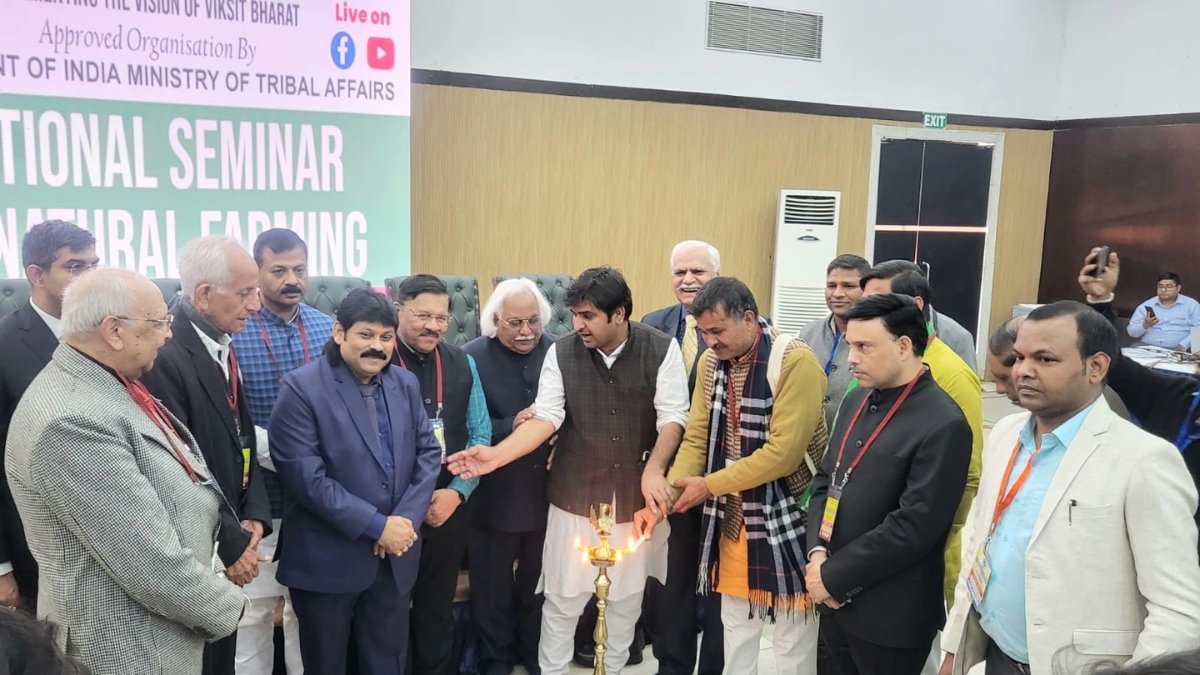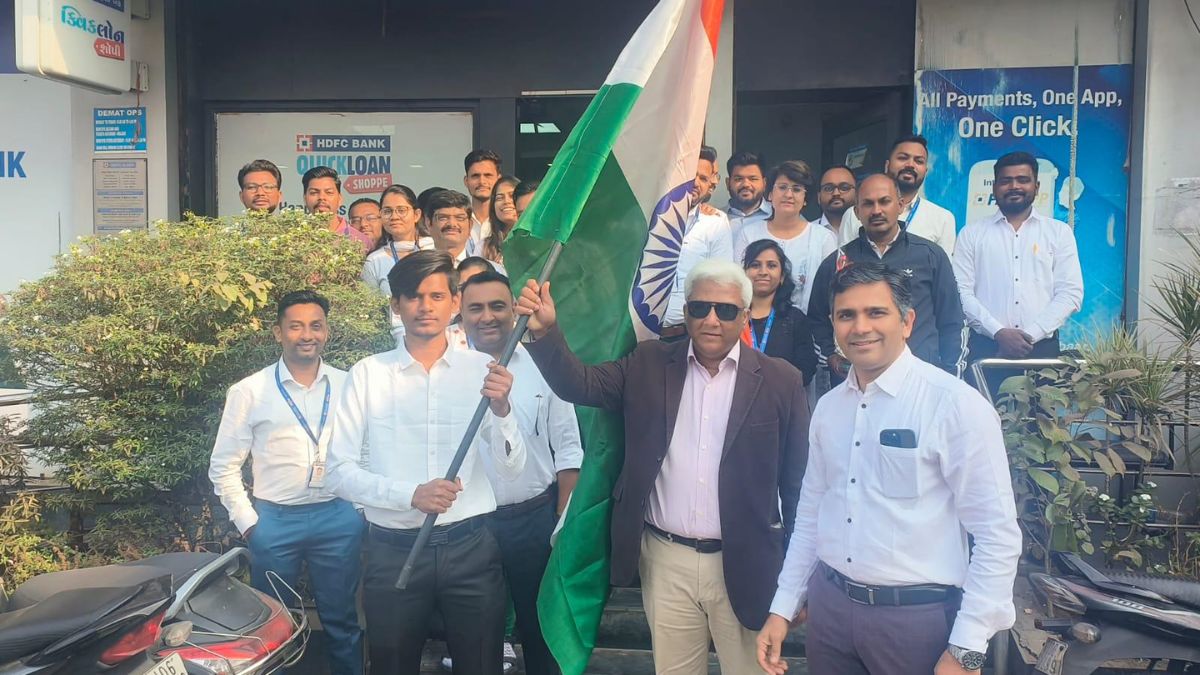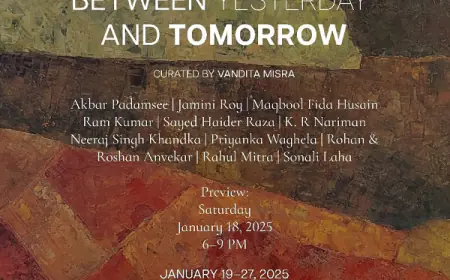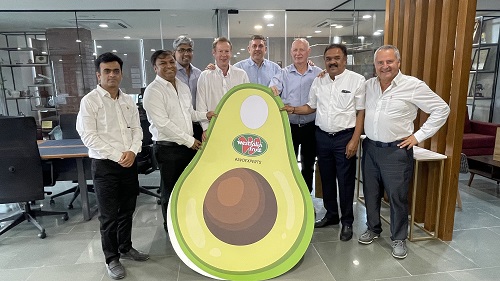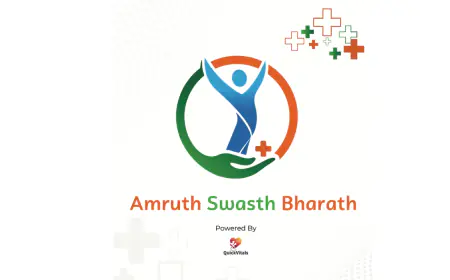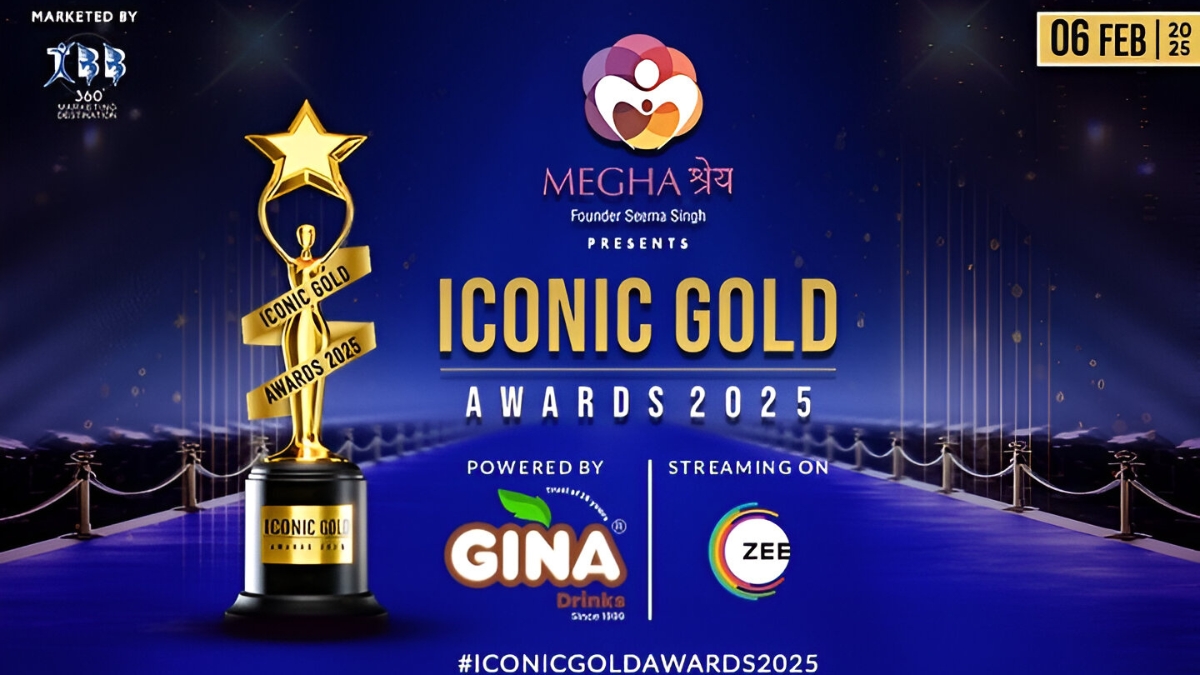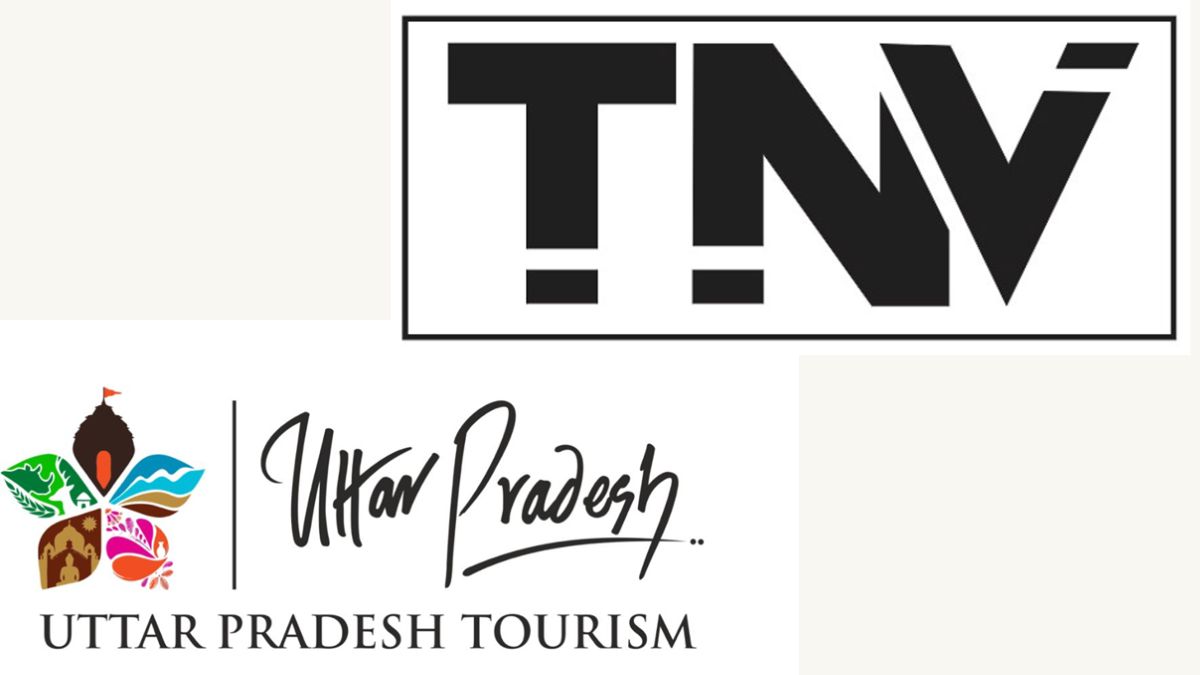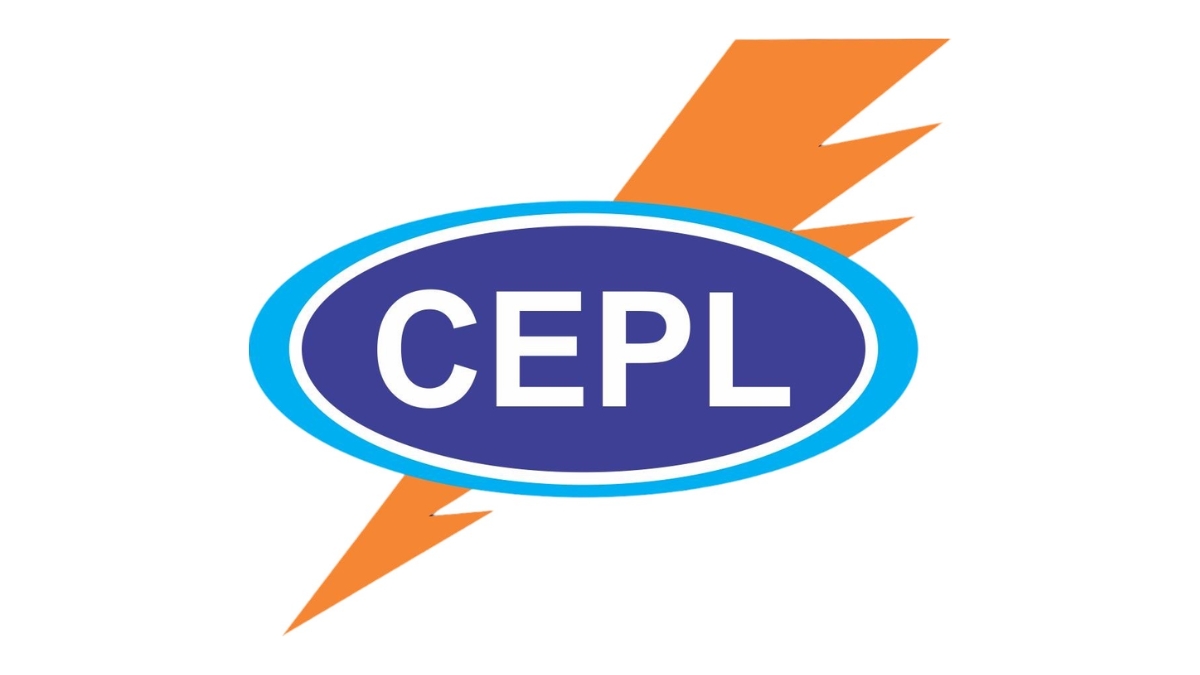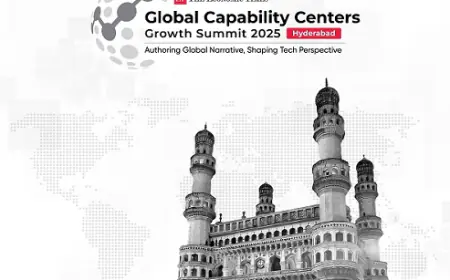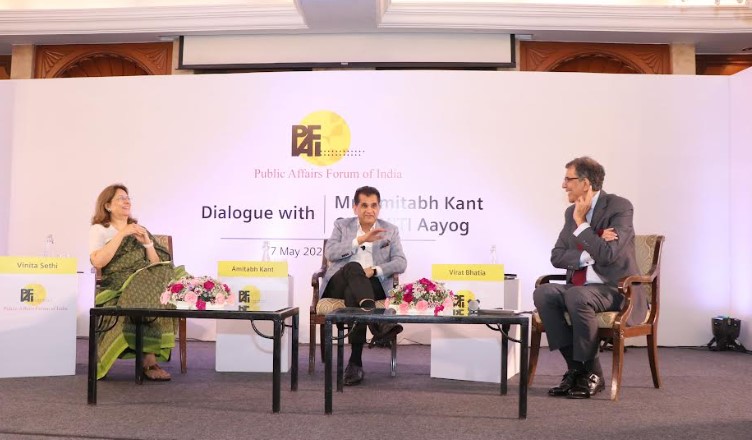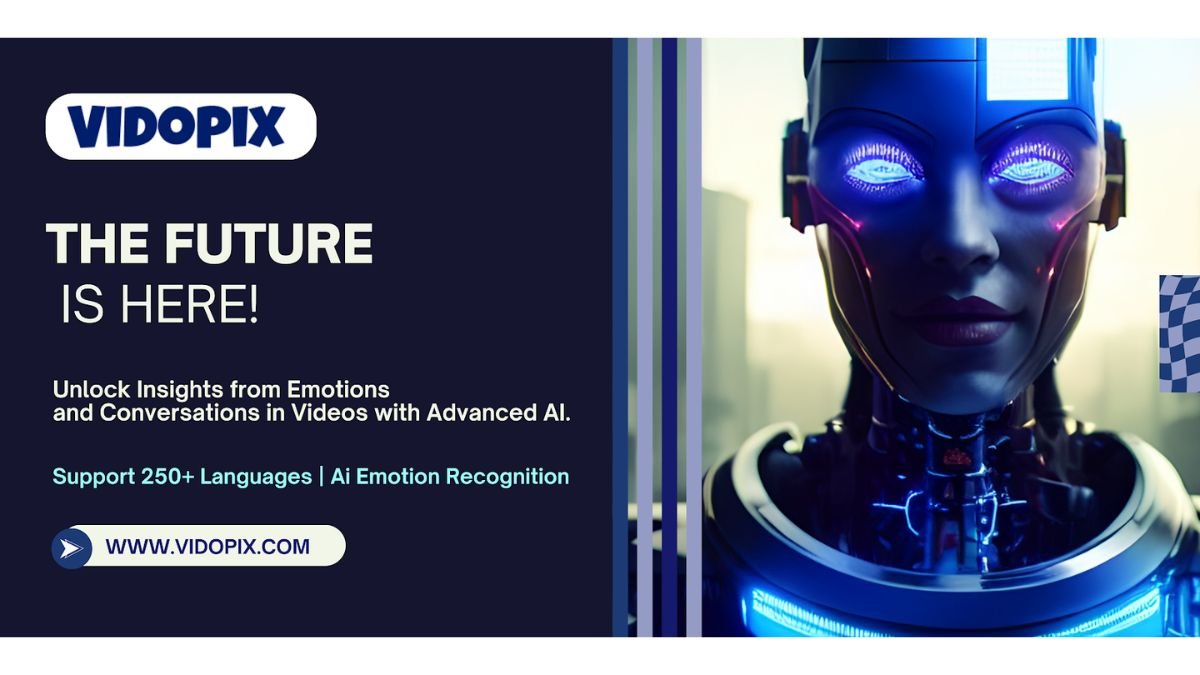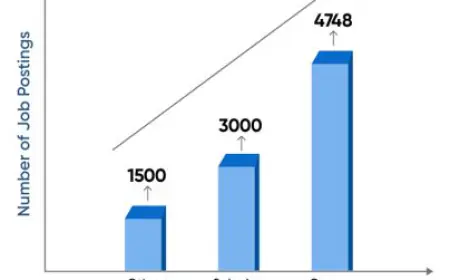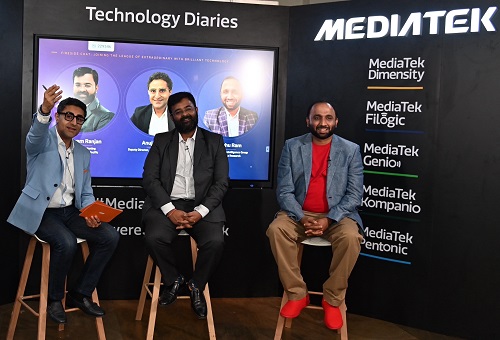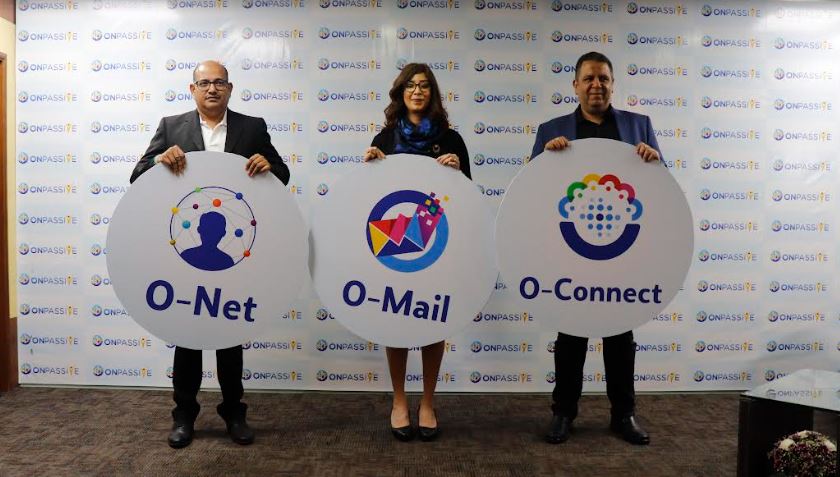Gen AI in Marketing: Tagglabs Founder Explores the Revolution and Ethical Challenges
New Delhi [India], August 24: In the ever-evolving digital marketing landscape, a new force is reshaping the industry’s foundations: Generative AI (Gen AI). This groundbreaking technology is not just another fleeting trend but a transformative tool redefining how marketers conceptualise, create, and execute campaigns. As we stand on the cusp of a new era in marketing technology, [...]


New Delhi [India], August 24: In the ever-evolving digital marketing landscape, a new force is reshaping the industry’s foundations: Generative AI (Gen AI). This groundbreaking technology is not just another fleeting trend but a transformative tool redefining how marketers conceptualise, create, and execute campaigns. As we stand on the cusp of a new era in marketing technology, the integration of Gen AI brings both unprecedented opportunities and complex challenges. From hyper-personalized content creation to AI-driven ad targeting and virtual assistants, Gen AI is opening up new frontiers of possibility and efficiency. However, this power comes with a responsibility that cannot be ignored.
In this in-depth interview with Hariom Seth, Founder of Tagglabs, we delve into the heart of this AI-driven revolution in marketing. We explore the emerging trends boosting efficiency and effectiveness in marketing strategies while also addressing the ethical considerations and potential risks associated with over-reliance on AI. As marketers navigate this new terrain, they must balance the allure of automation and data-driven decision-making with the irreplaceable value of human creativity and ethical considerations. This discussion aims to equip marketers with invaluable insights and practical advice on harnessing the power of Gen AI responsibly, ensuring they remain at the forefront of innovation while maintaining the human touch crucial for authentic brand connections.
- What are the emerging trends and opportunities in the field of Gen AI marketing?
Marketers are leveraging AI in nearly all stages of their workflow. From creating content to predicting the campaign’s performance, AI has helped automate manual tasks. AI’s ability to parse large data sets brings higher efficiency and personalisation.
- AI improves ad targeting by suggesting the best ways to tweak the message and deliver better results. Programmatic advertising helps advertisers show ads and, therefore, spend money only on potential customers visiting a platform based on the data provided via a data management platform (DMP). Therefore, delivering hyper-personalized content.
- Marketers extensively use AI tools for image/ video and text generation. Tools like Midjourney, pika, Bing, and even Canva help marketers generate images, while tools like Rytr and Quillbot help generate copy for their campaigns
- AI-based chatbots and virtual assistants—Since they are available 24/7, they can provide immediate assistance addressing the marketer’s queries. They are usually trained on large amounts of data and work using natural language processing technology. They can generate case studies and statistics in a matter of seconds, thus saving the marketer’s time in research.
- How can marketers prepare for the future of AI-driven marketing?
Marketers must accept their fate and learn to collaborate with AI to build unique campaigns. Therefore, they must update themselves with the latest AI tools in the market and practice using them. They will also have to collect data and partner with data scientists and AI engineers to develop and implement AI-driven marketing strategies. Trends also suggest that AI-driven prompt customer service leads to higher customer satisfaction. It also allows human agents to save time and work on more complex projects. AI is being thoroughly able to identify real from fake influencers. Influencer network analysis maps out factors such as follower interaction rates, engagement quality, and content relevance, ensuring that businesses connect with real and relevant influencers that are best suited for their target audience.
- What are the potential risks and challenges associated with over-reliance on Gen AI in marketing?
The biggest risk posed by the over-reliance on Gen AI is the loss of natural human creativity. Marketers may refrain from using their minds to generate original ideas and rely heavily on AI, producing known or mediocre results that might not help a campaign. AI is fantastic for automating certain manual work, but not all of it. Humans should mostly do idea generation and only be augmented by AI. AI chatbots are fast and efficient in providing case studies on successful campaigns in one go, saving ample time for the marketer. They can quickly learn about the best global practices; however, they will have to use their minds to customise them to benefit their campaigns. AI, therefore, is great for improving efficiency and saving time but does not replace the hard work and practice required for innovative thinking.
- How can marketers ensure that Gen AI is used ethically and responsibly?
Data breaches can lead to misuse of personal data, causing harm to individuals and damaging the reputation of businesses. The best practices a marketer must follow while dealing with a large chunk of personal data is to do the following:
- Annonymise the data
- Encrypt the data
- Regularly audit security protocols
Marketers must focus on building models that are ‘fair,’ i.e., constrained by law, philosophy and social science. They must also be transparent with the content they present and about the use of AI content. They must inform their users about how and why their data will be used and update their AI systems according to the latest ethical standards.
If you have any objection to this press release content, kindly contact pr.error.rectification@gmail.com to notify us. We will respond and rectify the situation in the next 24 hours.
